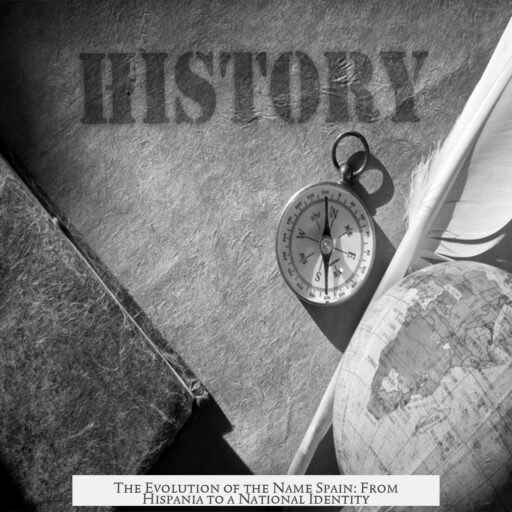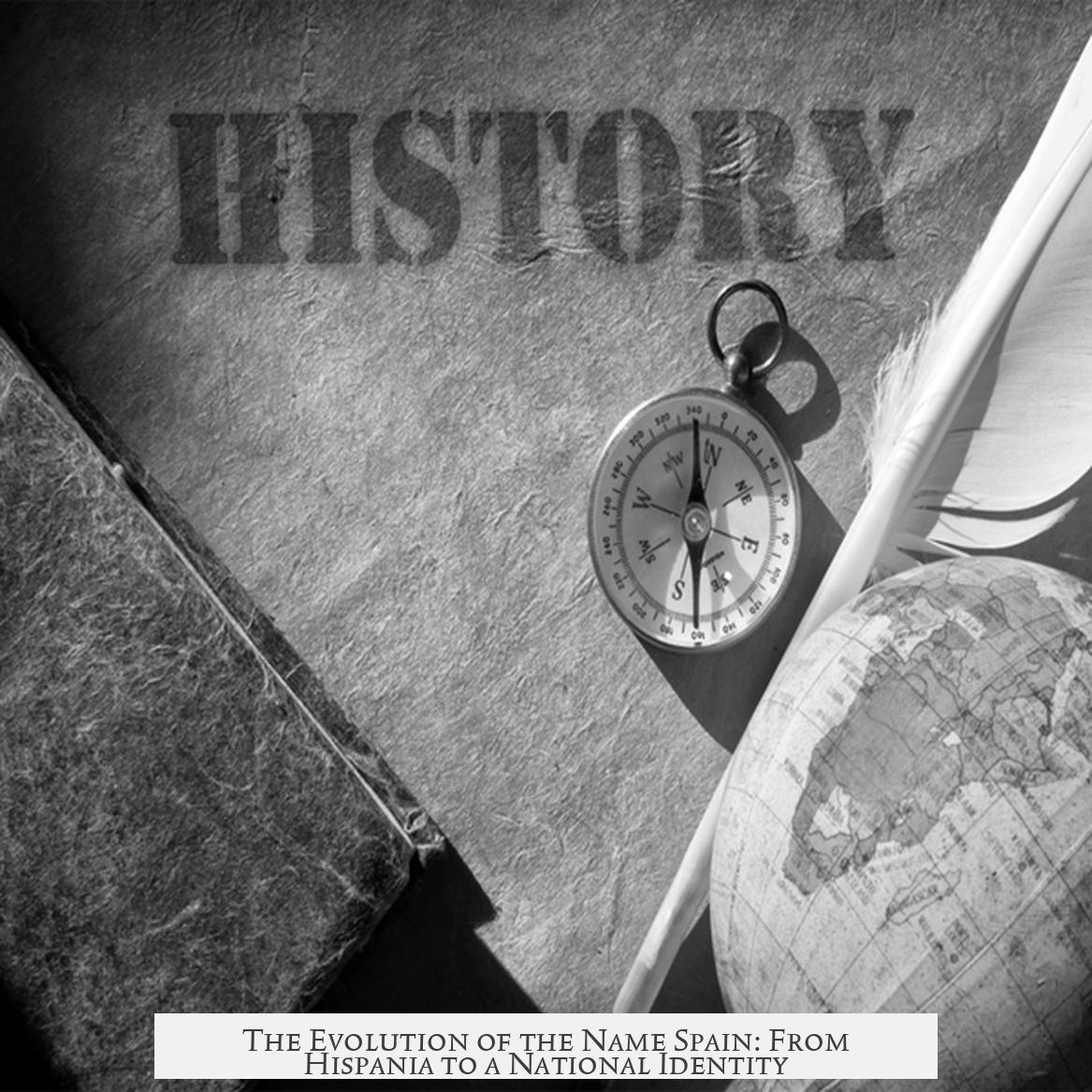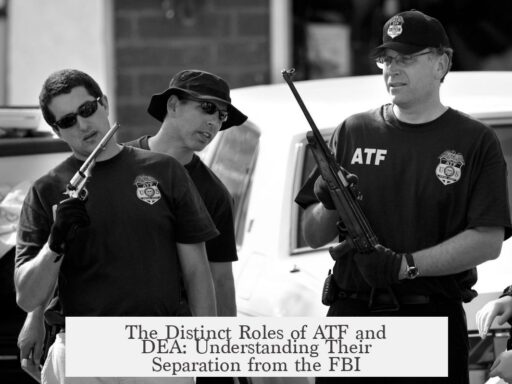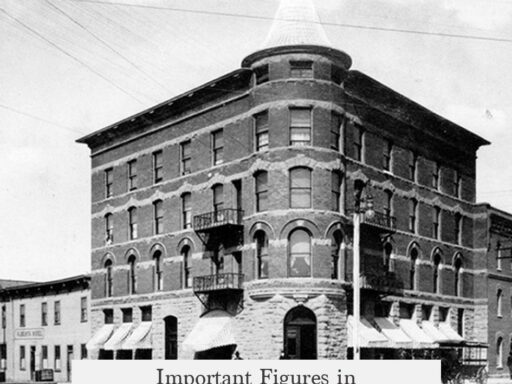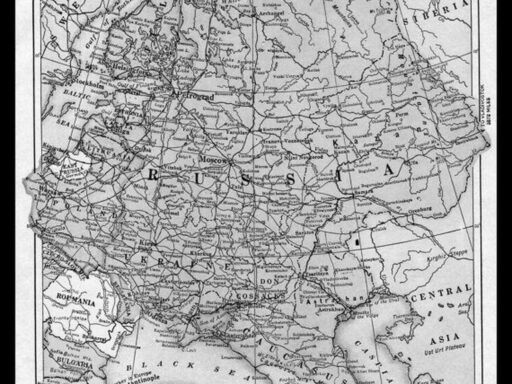The region now known as Spain began to be called “Spain” in a geographical and loosely political sense during the Middle Ages, but it did not become a formal, unified nation-state called Spain until the 19th century.

The name “Spain” derives from the Roman province “Hispania,” which covered most of the Iberian Peninsula. This term evolved through medieval and early modern times to describe multiple independent kingdoms within the peninsula rather than a centralized country.
Medieval documents occasionally refer to “Spain.” For example, Niccolò Machiavelli mentioned “the king of Spain” in The Prince, though no single political entity existed under that title. Around the late 16th century, Gregorio Madera described “the kingdom of Spain” as if it were unified, but this was more a shorthand for the region rather than a legal reality. The term carried a geographical or cultural sense, not a formal political status.
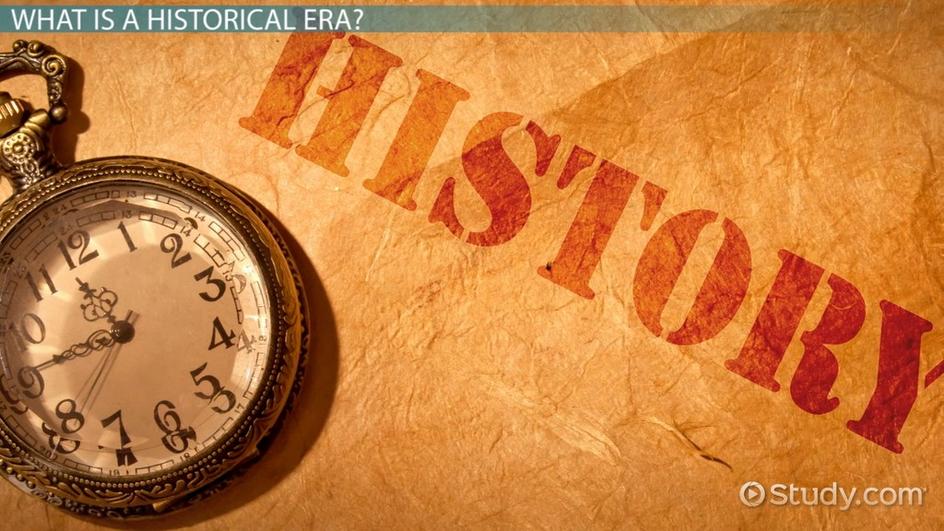
In the 16th and 17th centuries, “Spain” had different meanings depending on local perspectives. A Castilian might equate Spain with Castile, while a Sevillian might think of Spain as Seville. The concept of nation then depended largely on place of birth, not political unity.
Before the 19th century, the Iberian Peninsula remained a mosaic of various kingdoms, each with its own laws and administration. No formal political union or Spanish nationality existed. Historians like Henry Kamen describe “Spain” as a broad geopolitical concept—an idea linking distinct kingdoms rather than a single nation.
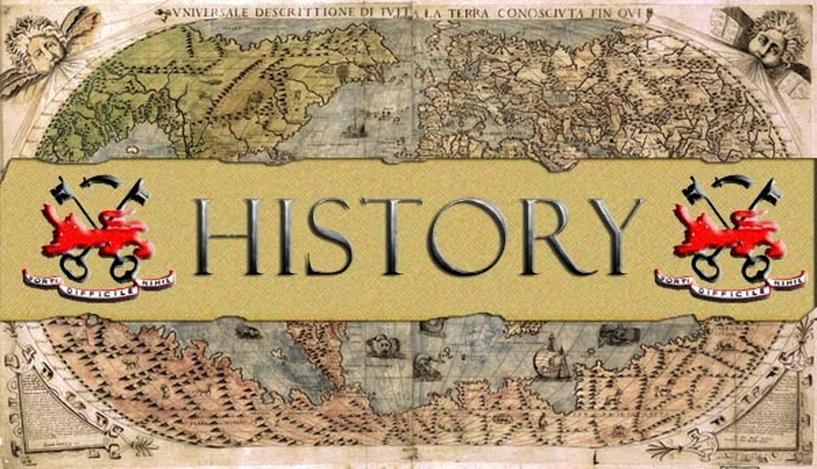
The real emergence of Spain as a united nation follows the Peninsular War (1808–1814), culminating in the Constitution of 1812. This constitution introduced the concept of the “Spanish nation” and established Spain’s first national flag. However, unity remained fragile and contested. The 1812 national identity was divisive, reflecting ongoing regional and political tensions.
Key points to remember:

- The name “Spain” has Roman origins with the province Hispania.
- Medieval and early modern uses of “Spain” referred to regions or kingdoms, not a single nation.
- Formal political unification and national identity arose mainly in the 19th century after the Constitution of 1812.
- Before this, Spain functioned as a loose geopolitical grouping rather than a centralized state.
When Did the Region Known as Spain Begin to Be Called So?
The name “Spain” has been floating around for centuries, but the actual region only began to be called so in more informal, geographical ways long before it became a unified nation. The puzzling question here touches on history, culture, and politics—think of it as a centuries-old name game that finally settled down in the 19th century, but whose roots dig back to the Roman Empire.

Let’s unravel this mystery step by step. Ready?
The Roman Starting Line: Hispania

Our story begins in ancient times. The Romans, masters of naming places with impressive Latin flair, called the entire Iberian Peninsula “Hispania”. This province encompassed what we now know as Spain and Portugal. That’s *the earliest* formal label with any resemblance to our modern word “Spain”. It’s the vintage logo, if you will.
The term “Hispania” wasn’t just a random choice but a solid administrative treaty under the Roman Empire, anchoring the name in history.
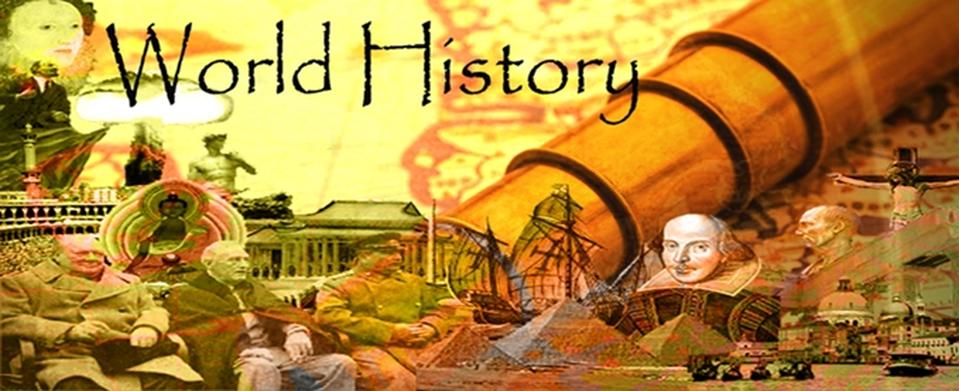
Middle Ages: Spain as a Geographical Concept, Not a Political Entity
Fast forward to the Middle Ages. You might think the kingdom of Spain already existed, but it was more like a well-loved nickname than an official title. References to “Spain” popped up here and there in texts. Niccolò Machiavelli’s The Prince calls Ferdinand “king of Spain,” even though there was no *official* kingdom of Spain at that moment.
This is intriguing because the political landscape was fragmented—numerous kingdoms like Castile, Aragon, Navarre, and Granada jostled for power. “Spain” was an umbrella term, more poetic shorthand than a legal reality.
16th Century: Shorthand for a ‘Unified’ Kingdom?
Jump to the late 1500s and you encounter Gregorio Madera, a magistrate who boldly stated “the kingdom of Spain is truly one.” Ambitious, right? The catch: there was no kingdom of Spain in strict legal or political terms then.
His usage reflects the word “Spain” as a convenient label for the Iberian territories ruled in union (like Castile and Aragon under a single monarch), but not yet a *true* nation. It’s similar to calling your extended family “the Smiths” even if everyone lives in different houses, has separate bank accounts, and drives different cars.
Regional Interpretations: Spain Means Different Things to Different People
Here’s a twist: In the 16th and 17th centuries, emigrants and expats tossed around the term “Spain” in letters, but with a regional flair. For a Castilian, Spain often *meant* Castile; for someone in Seville, Spain was their hometown. The word functioned like a flexible label, adaptable to local identities.
At that time, a “nation” referred more to a place of birth than a political entity. The modern nationalist concept hadn’t taken hold. So, “Spain” was a broad brushstroke rather than a finely detailed painting.
Unity in Name, Not in Law
Could one say Spain was united before the 19th century? Sorry, but no.
The kingdoms in the Iberian Peninsula had complex relationships, but no formal unity or legal nationality existed. The term “Spain” was a broad geopolitical concept, more a state of mind than a state itself, as historian Henry Kamen noted. Politically and royally, these regions danced around independence long after the name “Spain” was used in conversation.
The 19th Century: Spain Becomes a Nation
Finally, come the 1800s. The year 1812 marks a major turning point with the Constitution of 1812, born during the Peninsular War. This constitution gave Spain a national charter and introduced its FIRST national flag. It aspired to speak for the “Spanish nation” as a whole.
But—and here’s where it gets spicy—the sentiment wasn’t universal. The Spaniards were divided about this new national identity. The constitution was controversial and contentious. Not everyone bought the idea of “Spain” as one united political and cultural entity overnight.
Despite the division, this moment represents the birth of Spain as a unified nation in the legal and political sense we recognize today. The concept matured and solidified from this point onward.
Summing It Up: When Did Spain Begin to Be Called So?
- Roman times: “Hispania” – a formal province name.
- Middle Ages: “Spain” = a geographical reference, a symbol more than a state.
- 16th-17th centuries: The term used informally; more shorthand for regional kingdoms united under monarchy, but not a single country.
- 19th century: The *real* legal-political Spain emerges through the 1812 Constitution, post-Peninsular War.
Why Should You Care?
Understanding the evolution of “Spain” helps us appreciate the complex dance between identity and politics. It shows how names don’t just pop into existence fully formed. Rather, they develop with history’s twists and tails.
Also, when you hear someone say “Spain,” remember: centuries ago, they might have been talking about a city, a kingdom, or an idea—not the country on a map as we know it today. Pretty wild, huh?
Looking to Dig Deeper?
Historians Henry Kamen and Simon Barton offer fascinating reads. Kamen’s Imagining Spain sheds light on the country’s identity, while Barton’s A History of Spain provides detailed background. Both give you a clearer picture beyond the surface.
Before Signing Off
Now, whenever you see the word “Spain,” you might smile a little, knowing its story. It’s more than a name—it’s a journey through empires, kingdoms, letters, wars, and finally, a nation coming into its own.
When was the name “Spain” first used to describe the region?
The name “Spain” appeared in written records during the Middle Ages. Early uses often referred to various kingdoms, not a unified country.
Did “Spain” refer to a single nation in the 16th and 17th centuries?
No. In that period, “Spain” was a geographical term. People from Castile or Seville used it to mean their own region specifically.
When did Spain become recognized as a united nation?
Spain’s political unity began in the 19th century. The 1812 Constitution after the Peninsular War marked its first national identity and flag.
Was there a formal legal concept of Spain before the 19th century?
Before the 19th century, there was no formal legal Spanish nationality. The area was a collection of kingdoms without political unity.
What is the origin of the name “Spain”?
The name traces back to Roman times. The Romans called the region “Hispania,” a province covering much of the Iberian Peninsula.
Did the term “Spain” have the same meaning historically as it does today?
Historically, “Spain” often meant different regions depending on local perspective. Only after the 19th century did it mean a single nation-state.
